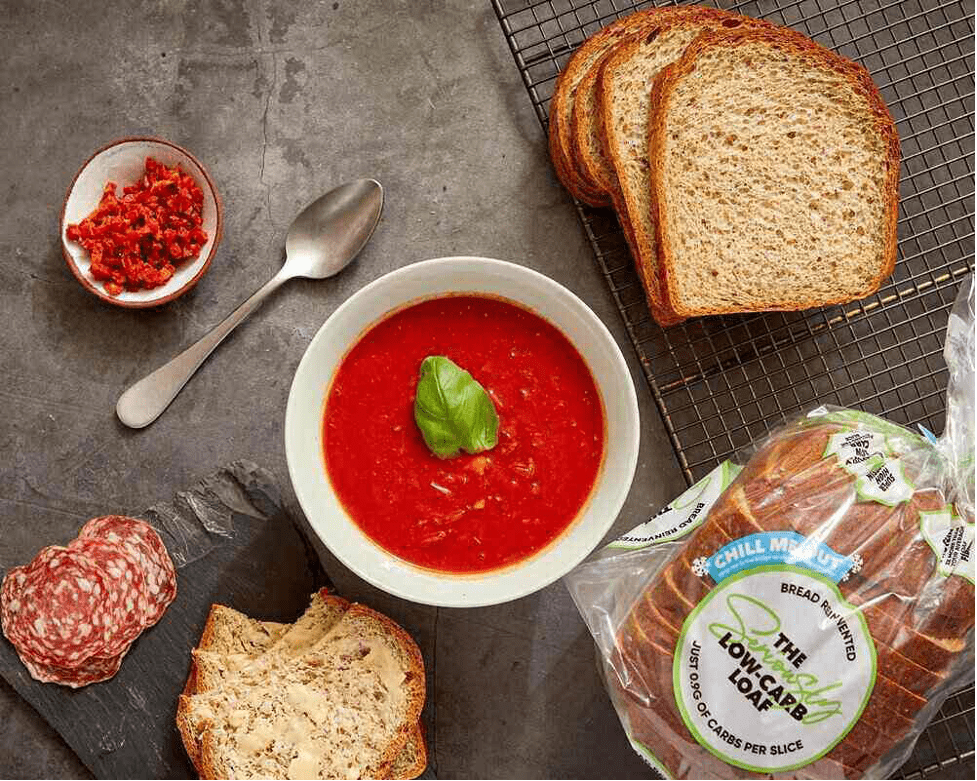If you’ve been choosing brown bread over the white kind, you might want to step up your health game because there’s a new grain in town that is just as healthy as flaxseed and wheatgrass, if not more, and it’s called the sprouted grain.
You’ve probably heard of foods made from sprouted grains usually sold at high-end health stores and even food scientists like Lin Carson considers them as a healthier alternative to whole grains.

One Degree Organics | Sprouted grains are usually a healthier alternative to whole grains
No wonder your friend has been raving about that Ezekiel bread from whole foods that apparently makes bomb avocado toasts and even improves digestion.
But besides the public perception that sprouted foods are better, is there any actual scientific evidence that justifies the hype and the price tag?
Seed Science
Let’s start with how sprouted grains are different than the regular kind. The whole grains we’re all used to eating are simply seeds from a fully-grown plant that has been harvested.
These seeds are packed with nutrients required to grow a completely new plant. But these seeds don’t germinate until they get the environment required for growth.

Dairy Council of California | The whole grains we’re all used to eating are simply seeds from a fully-grown plant that has been harvested
But as soon as they’re exposed to the magic ingredients required for germination, i.e. water and heat, they come out of their dormant state.
Sprouted grains are simply whole grains that have just begun to germinate and have a tiny shoot attached at one end and a baby root at the other. The germination process is stopped there and the seeds are dried and turned into flour to prevent further sprouting. This flour is then used to make your favorite Ezekiel bread and sprouted pasta.
Worth It?
As you can imagine, the process of making sprouted grain flour is much more time-consuming than its whole-grain counterpart. But is all this effort really worth it?
According to scientists, a seed that has just begun to germinate packs more nutrients than a dormant seed. Moreover, these nutrients are more easily absorbed in our bodies.

Healthline | According to scientists, a seed that has just begun to germinate packs more nutrients than a dormant seed
A germinating seed also releases enzymes that help break down its nutritional stores for the growth of the new plant. These enzymes aid in digestion once consumed therefore a better choice for people who complain about upset stomachs after eating regular grains.
However, sprouted grain products sold in supermarkets are quite expensive and don’t fit everyone’s budget. If you’re looking for a cheaper alternative to store-bought Ezekiel bread, we recommend sprouting your own grains at home, which can be a little time-consuming but takes no effort on your part and the end result is totally worth the wait!







